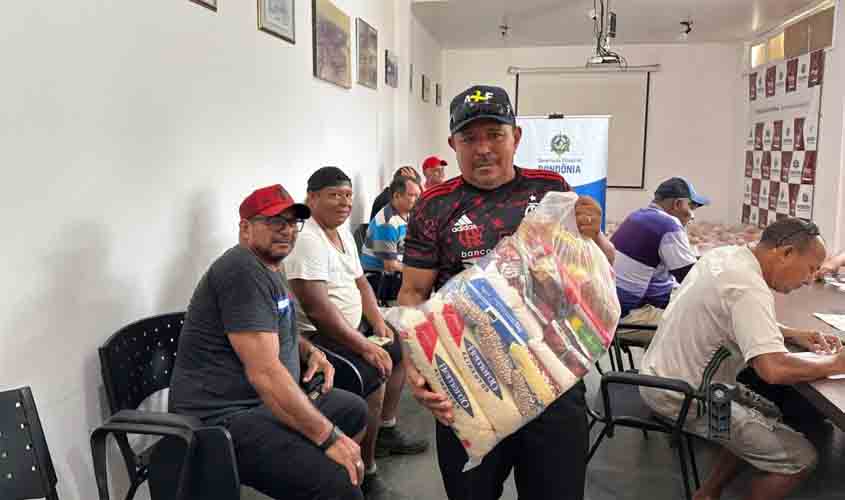The regulation of betting houses in Brazil: current status and recent developments
This article provides an overview of the current status and recent developments in the regulation of betting houses in Brazil

In recent years, Brazil has undertaken significant steps to regulate its betting industry, aiming to balance economic benefits with social responsibility. This article provides an overview of the current status and recent developments in the regulation of betting houses in Brazil.
Historical context
Historically, gambling in Brazil faced stringent restrictions. Casinos were banned in 1946, and for decades, most forms of gambling remained illegal. However, the landscape began to change with the enactment of Law No. 13,756 in 2018, which authorized fixed-odds sports betting. Despite this legalization, the lack of detailed regulations left the market in a state of ambiguity, leading to the proliferation of unregulated operators.
Enactment of Law No. 14,790/2023
Recognizing the need for comprehensive oversight, the Brazilian government took decisive steps to regulate the industry. In December 2023, President Luiz Inácio Lula da Silva sanctioned Law No. 14,790, commonly referred to as the "Law of Bets." This legislation established clear guidelines for the operation of betting houses, encompassing both physical and online platforms. Key provisions included licensing requirements, taxation frameworks, and measures to prevent money laundering and fraud.
● Slot
Under the new regulatory framework, operators are mandated to obtain licenses from the Ministry of Finance. The licensing process involves rigorous assessments to ensure operators meet financial stability, integrity, and technical capability standards. Additionally, a licensing fee of R$30 million is required, granting the operator the right to operate for five years. This fee structure aims to deter unscrupulous entities and promote a responsible gambling environment.
Taxation framework
Taxation is a pivotal aspect of the regulation. The law stipulates a 15% tax on the gross gaming revenue of operators. Furthermore, winnings are subject to individual income tax, with a 30% rate applied to amounts exceeding R$1,903.98. The revenue generated from these taxes is allocated to various sectors, including education, public security, and sports development, thereby contributing to the nation's socio-economic growth.
Consumer protection measures
To safeguard consumers, the legislation enforces strict advertising standards. Advertisements must not target minors or vulnerable individuals and are required to include responsible gambling messages. Operators are also obligated to implement robust mechanisms to prevent money laundering, such as customer identification protocols and transaction monitoring systems.
Market impact and challenges
The regulation has had a profound impact on the market. Many international operators have expressed interest in entering the Brazilian market, attracted by its vast potential. Conversely, unlicensed operators face stringent penalties, including substantial fines and potential criminal charges. The government has also initiated efforts to block access to unlicensed online platforms, protecting consumers from unregulated services.
Despite the progress, challenges persist. The enforcement of regulations requires continuous vigilance to prevent illegal operations. Moreover, addressing gambling addiction remains a priority. The government has partnered with health organizations to provide support for individuals affected by gambling-related issues, emphasizing the importance of responsible gambling practices.
In conclusion, the regulation of betting houses in Brazil marks a significant milestone in the country's approach to gambling. By establishing a structured and transparent framework, the government aims to harness the economic benefits of the industry while safeguarding societal interests. As the regulatory environment continues to evolve, ongoing collaboration between stakeholders will be essential to ensure the sustainability and integrity of the betting market in Brazil.
Daiane de Souza | 0007147/SC
Trabalhadores avulsos do Porto de Porto Velho recebem mais uma remessa de cestas básicas do governo de RO
Apesar do rio estar normalizando o nível, esses trabalhadores ainda não estão podendo voltar às atividades
14ª Mostra Cinema e Direitos Humanos começa amanhã, terça-feira (26)
Abertura terá debate com Michele Saraiva, montadora rondoniense, e Cássio Alves Lus, professor do IFRO, e apresentação musical da cantora porto-velhense Gabriê





Comentários
Seja o primeiro a comentar
Envie Comentários utilizando sua conta do Facebook